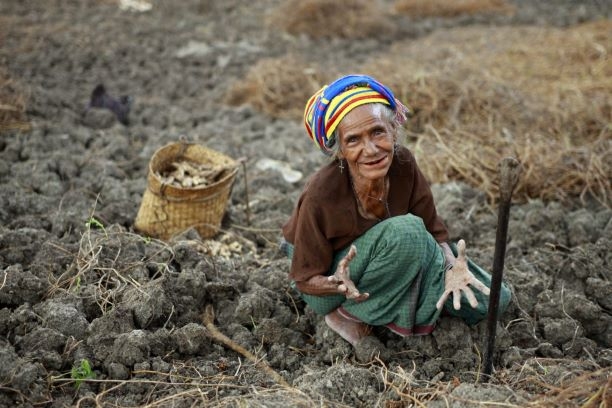A prominent Australian economist says it is “scary” to see COVID-19 put at risk so many of the gains Pacific island countries have made over the last decade.
Dr Jenny Gordon, the Chief Economist at the Australia Department of Foreign Affairs and Trade, says the Asian financial crisis “taught us in South East Asia that setting up good social protection infrastructure” is important so resources can get to the most needy when there is an emergency.
Gordon anticipates Pacific nations’ economic recovery will rely on the regaining of export markets, local stability and access to finance, and that post COVID economies may have a much greater focus on local production, subsistence agriculture and movement back to rural areas, and a strong investment in human capacity. She describes a “recovery sequence” that starts with resource prices recovering first, “although it might be some time before we see a considerable rise in energy prices”, potential in agriculture and export of high-value agricultural products, continued return of the Pacific labour market (including labour schemes in Australia) and then, the return of tourism.
“I suspect the recovery of international tourism is going to be very slow,” Gordon says. “We’ve got to think about the next four years. So in terms of the financing gap there’s not much point in just financing this year’s deficit for governments, we’ve got to actually got to think about how they are going to finance those deficit in [following] years and what the size of those deficits will be.”
Gordon says Australia—the largest development partner for many Pacific island nations— is asking questions about governments’ fiscal situation, what is essential expenditure, borrowing capacity from multilateral banks, other donors and domestic sources, social protection and how to maintain basic services.
“A lot of governments as part of their COVID-19 packages are going to forgive power bills and other types of bills but unfortunately that doesn’t help SOEs [State Owned Enterprises] or private sector providers who are already struggling to pay the return on the capital that they have invested. So that’s quite challenging, how those SOEs will come out of this.” Gordon says there may be an opportunity to improve infrastructure quality and “put into pace some more robust user-pays systems.”
To read the full story, login to your account or subscribe today https://emag.islandsbusiness.com/
